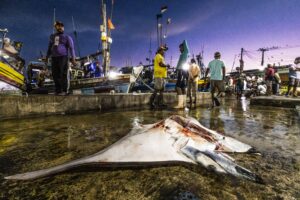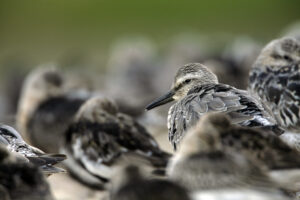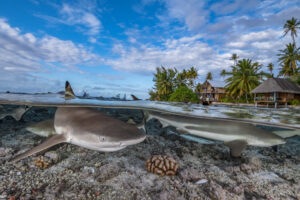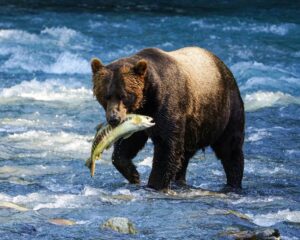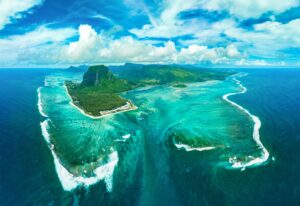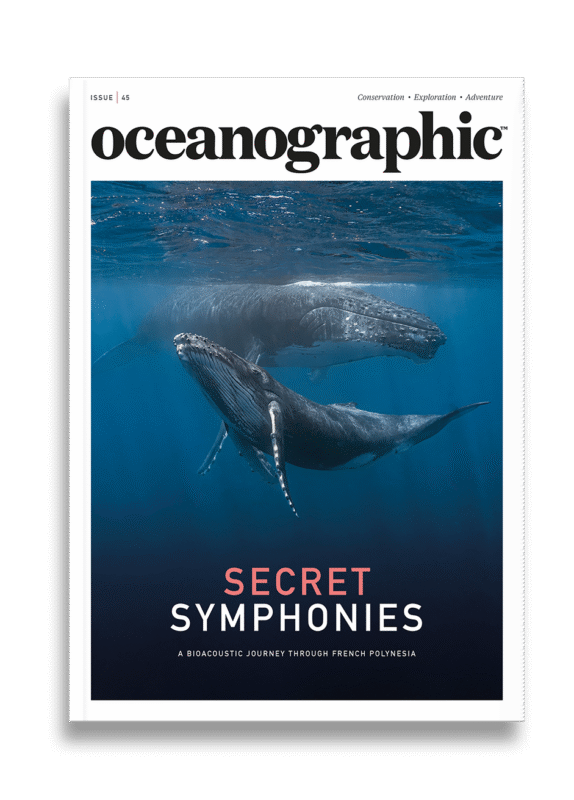Vanishing Great white shark impacts South African marine health
Over the last two decades and at the hands of ill-informed overfishing and more recently orca predation, the Great white shark has been slowly disappearing from South Africa's False Bay. As a result, the local marine life has shifted and its health suffered.
A two-decade study into the gradual disappearance of Great white sharks from False Bay in South Africa has gone to new lengths to underscore the crucial role that apex predators play in maintaining ocean health as well as the consequences of ecosystem disruption.
Historically abundant in False Bay, Great white sharks have experienced a dramatic decline and subsequent disappearance over the last 20 years, with the finger of blame being directed at a combination of factors, including decades of unsustainable capture in nets and some more recent instances of predation by orcas.
With the loss of the Great white shark (Carcharodon carcharias) from the region, room has been given for a notable increase in Cape fur seals (Arctocephalus pusillus) and sevengill sharks (Notorynchus cepedianus) which – in-turn – has been linked, by researchers, to a decline in fish that seals feed on and smaller shark species that the sevengills prey on.
It all illustrates, scientists have said, the ripple effect of losing a top ocean predator.
This piece of research has been conducted by scientists at the University of Miami Rosenstiel School of Marine, Atmospheric, and Earth Science, spanning the course of two decades to document the cascading ecological disruptions and the vital role that an apex predator such as the Great white shark plays in maintaining ocean health.
Consistent with ecological theory and the kind of experiments that – until now – have only been documented in the laboratory, the study provides the real-world evidence of such food web cascades driven by the loss of top-down predation pressure from Great white sharks.
“The loss of this iconic apex predator has led to an increase in sightings of Cape fur seals and sevengill sharks, which in turn has coincided with a decline in the species that they rely on for food,” said Neil Hammerschlag, Ph.D – the study’s lead author.
“These changes align with long established ecological theories that predict the removal of a top predator leads to cascading effects on the marine food web.”

Hammerschlag conducted this research while at the Shark Research and Conservation Programme at the University of Miami Rosenstiel School. It was here that a combination of long-term boat-based surveys of shark sightings, citizen science observations on Cape fur seals, and Baited Remote Underwater Video Surveys (BRUVS) of fishes and small sharks were used to provide a picture of the impacted ecosystem.
It was concluded that the absence of Great white sharks “has triggered significant shifts in the marine food web.”
“The use of underwater video surveys conducted more than a decade apart provided us with a snapshot of the food web both before and after the disappearance of the white sharks from False Bay,” said Yakira Herskowitz, a co-author of the study and a Rosenstiel School former graduate student that analysed underwater video data. “The number of individuals of a given species recorded on the videos not only informs us about their numerical abundance, but also their behaviour as a species under increased predation risk often become more elusive and are thus less likely to be detected on our cameras.”
The researchers say the study provides empirical evidence that the disappearance of Great white sharks creates profound consequences for marine ecosystems.
“Without these apex predators to regulate populations, we are seeing measurable changes that could have long-term effects on ocean health,” said Hammerschlag.
The findings go new lengths to emphasize the importance of global shark conservation efforts, as their loss could have “long-term consequences” on marine ecosystems.
“Given the global reliance on healthy oceans for food, recreation, and ecosystem services, protecting large sharks is essential to maintaining biodiversity,” said the team.
The study, titled “Evidence of cascading ecosystem effects following the loss of white sharks from False Bay, South Africa” was published last month as an open-access paper in Frontiers in Marine Science. Its authors include Neil Hammerschlag and Yakira Herskowitz from the University of Miami Rosenstiel School of Marine, Atmospheric, and Earth Science; Chris Fallows from Apex Shark Expeditions; and Thiago B.A. Couto from Lancaster Environment Centre, at Lancaster University.
Funding for the study was provided by the Isermann Family Foundation and the Shark Research Foundation.


"*" indicates required fields
Printed editions
Current issue
Back issues
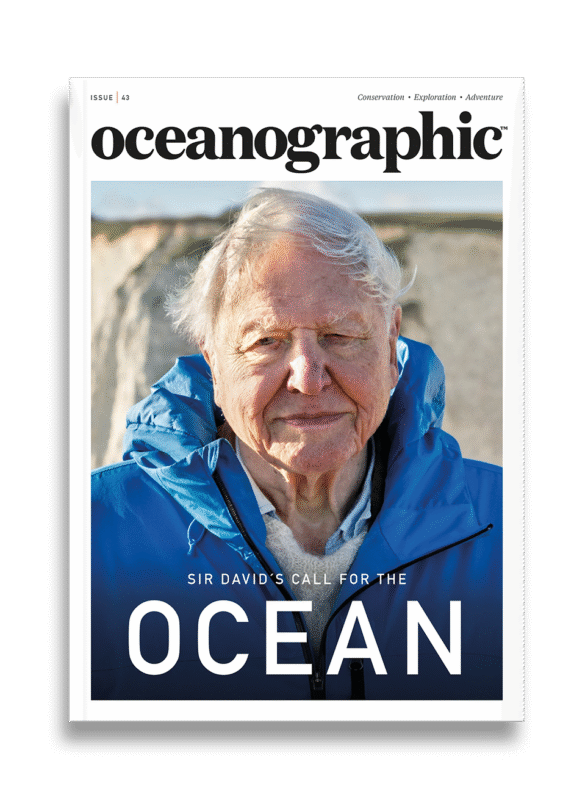
Back Issues
Issue 43 Sir David Attenborough’s ‘Ocean’

Back Issues
Issue 41 Holdfast to the canopy
Enjoy so much more from Oceanographic Magazine by becoming a subscriber.
A range of subscription options are available.

